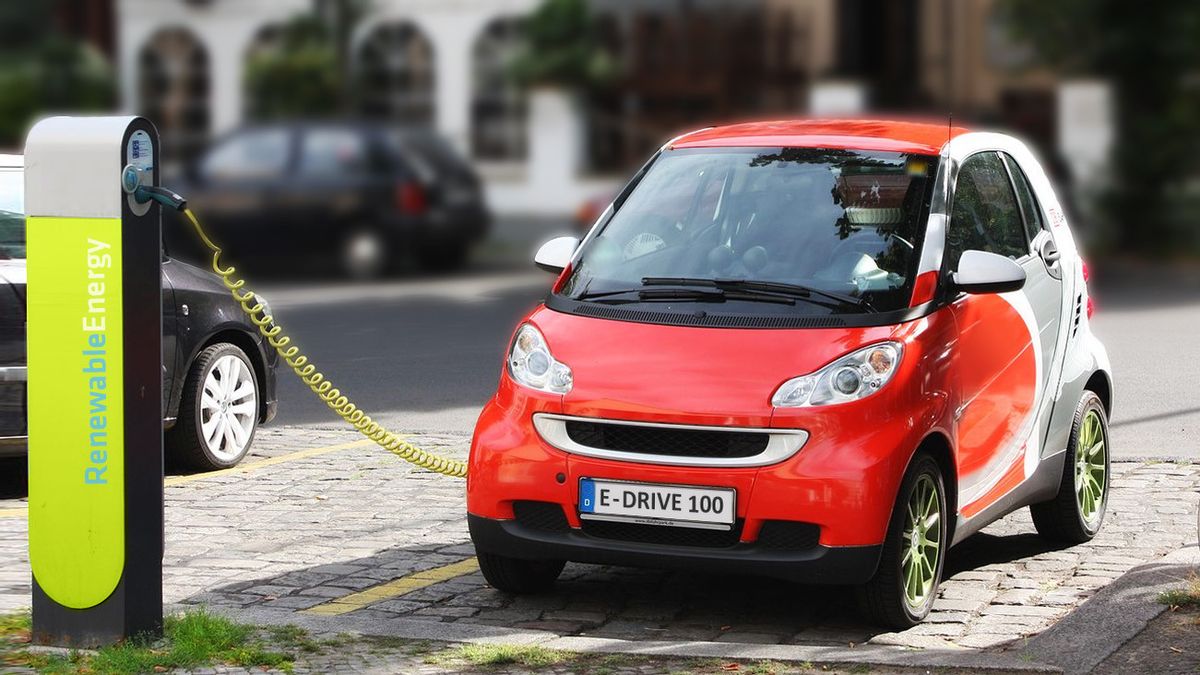JAKARTA - The European Parliament on Wednesday agreed to support an effective ban on sales of new gasoline and diesel cars from 2035, rejecting efforts to undermine proposals to accelerate the bloc's switch to electric vehicles.
The vote supports a key pillar of the European Union's plan to reduce net planetary warming emissions by 55 percent by 2030, from 1990 levels, a target that requires faster emission reductions from industry, energy and transport.
Lawmakers backed a proposal put forward by the European Commission last year to call for a 100 percent reduction in CO2 emissions from new cars by 2035, which would make it impossible to sell fossil fuel-powered vehicles in the European Union (EU) from then on.
Attempts by some lawmakers to undermine the target of up to 90 percent CO2 reduction by 2035 were rejected.
The legislation is not yet final, Wednesday's vote confirms Parliament's position, for the upcoming negotiations with EU countries on the final legislation.
The aim is to accelerate Europe's shift to electric vehicles and encourage automakers to invest heavily in electrification, helped by another EU law that would require countries to install millions of vehicle chargers.
"Buying and driving a zero-emissions car will be cheaper for consumers," said Jan Huitema, parliament's chief negotiator on the policy, according to The National News June 9.
Meanwhile, automakers including Ford and Volvo have publicly supported the EU's plan to stop selling fuel-engined cars by 2035. Others, including Volkswagen, aim to stop selling fuel-engined cars in Europe by that date.
But emails seen by Reuters show industry groups, including German auto association VDA, are lobbying lawmakers to reject the 2035 target, which they say penalizes low-carbon alternative fuels. It's too early to commit, given the uncertain rollout of the charging infrastructure.
"Our position is transparent. It is our mission to develop the best possible solution with everyone involved," said a VDA representative.
Electric cars and plug-in hybrid vehicles made up 18 percent of new passenger cars sold in the EU last year, although overall car sales have fallen this year amid a shortage of semiconductors, the European Association of Automobile Manufacturers said.
Transport is known to produce a quarter of Europe's planetary warming emissions and greenhouse gases from the sector have risen in recent years, threatening efforts to prevent dangerous levels of climate change.
The English, Chinese, Japanese, Arabic, and French versions are automatically generated by the AI. So there may still be inaccuracies in translating, please always see Indonesian as our main language. (system supported by DigitalSiber.id)













